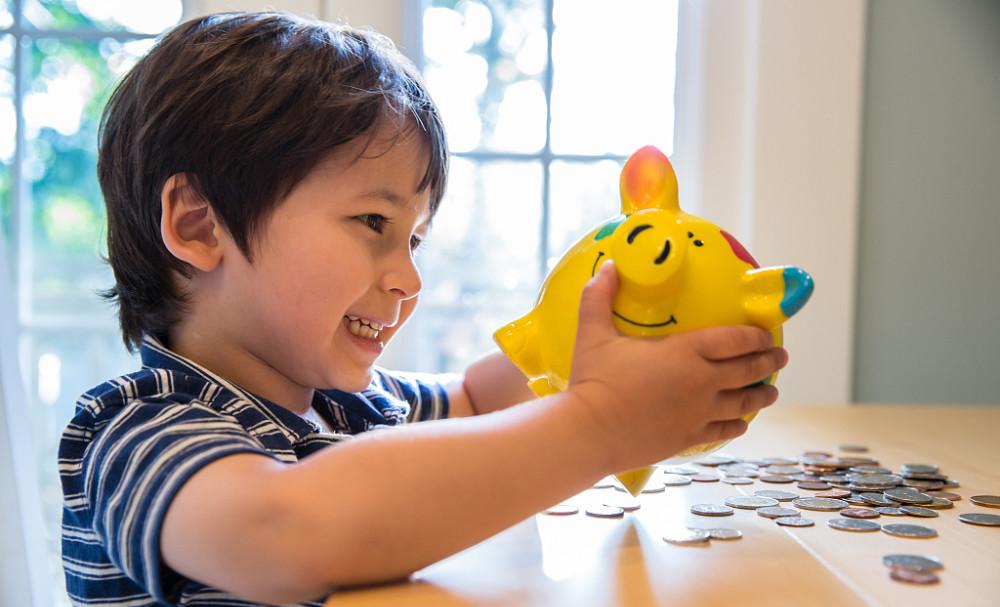Let's think about it, if the child asks the parents for money, do we want to give it? In fact, if the child has the ability to control money, can add and subtract, can calculate, know how to change, and can shop independently, he can give. Just give the child pocket money, there must be a certain principle, for example, to time the ration, to agree on the purpose, remember not to give as you want. If the child spends a lot of money and has no moderation, parents must intervene in time, and clearly tell the child that the agreed amount cannot be overdrawn when it is spent. So, what if the child is a little older and spends a week's pocket money early? At this time, parents should intervene, ask the reason, if it is because of the child's blind consumption, parents should adhere to the position, let the child experience the natural consequences of blind consumption, if it is because the child uses money to learn and help others, parents can give some subsidies appropriately.

So, is it good that children don't have the desire to spend money? Not really. The child does not have the desire to spend money, not that the child really does not have the need to spend money, usually, if the child does not have the desire to spend money, mostly because the parents isolate the child's opportunity to spend independently. That is to say, everything the child needs, the parents have arranged it, and there is no opportunity for the child to consume independently. So, some parents ask, since everything is ready for the child, do you still need to give the child pocket money? First of all, we must say that parents should not do this, do not have to help everything to the end, and leave some opportunities for their children, such as buying a pen to buy a book, buying an eraser to buy a grid ruler, let it go, let the child buy it himself. Then again, even if you have helped to the end, our advice still needs to give the child pocket money. Pocket money for children, not only to let children buy some school supplies or daily necessities, in fact, pocket money is a tool for children to learn to manage money, parents should help children understand money through pocket money, improve children's ability to manage money, and ultimately help children improve their financial quotient.
So, is it not to give the child pocket money, the child will not spend money indiscriminately? Of course, if you don't have money in your hands, you certainly can't spend money, let alone spend money indiscriminately. But a child who has never spent money is likely not to spend money. In fact, not spending money is just as undesirable as spending money indiscriminately. If we are worried about our children buying something that should not be bought, we can negotiate with the child and finally reach an agreement to make a list of prohibited consumption. In fact, it is more important than prohibiting children from buying things that should not be bought, is to help children learn to manage pocket money, such as helping children classify pocket money, how much money is used for shopping, how much money is used to help others, how much money is used to save for emergencies, and so on. In this way, it helps children develop good use habits and good financial construction.
Some parents ask, this New Year's Festival, the child will receive a lot of pressure money, this money is all given to the child, or all to the parents, how to do it appropriately? In fact, if the amount is too large, it is obviously not appropriate to give it all to the child, but it will be a little disappointing for the child to give it all to the parents. Our suggestion is that a special fund could be set up where parents invite their children to jointly manage the cost. So as for how to manage this expense, you can first set a range of use, and then set the amount and frequency of a child's discretion. That is to say, the rules are set through negotiation first, and then the implementation is supervised.
The last thing to say is that if the child makes a mistake, can he discipline him without giving pocket money? Our advice is that it is best not to do so. Don't associate everything with money, so it's easy for children to develop the perception of money first.